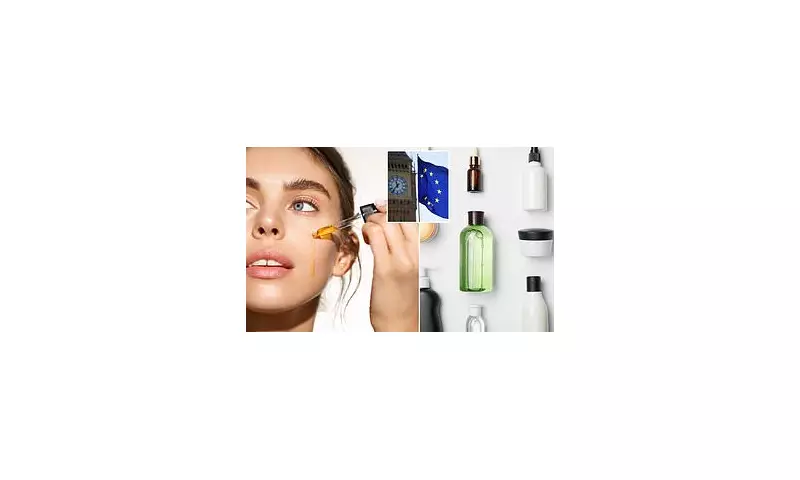
The European Union's move to potentially ban high concentrations of retinol in cosmetic products has created significant concern within the UK beauty and skincare industry, raising questions about the future of popular anti-ageing formulations.
Regulatory Shake-Up for Skincare Giants
The EU's Scientific Committee on Consumer Safety has raised alarms about retinol derivatives, particularly retinyl acetate and retinyl palmitate, citing potential health risks at concentrations above 0.05% in body lotions and 0.3% in hand and face products. This regulatory shift could fundamentally alter how anti-ageing products are formulated across Europe.
What This Means for British Consumers
While the UK maintains its own regulatory framework post-Brexit, the EU's decisions typically influence global beauty standards. Many UK consumers rely on retinol-based products for their proven effectiveness in reducing wrinkles and improving skin texture. A ban could force manufacturers to reformulate popular products or reduce potency levels significantly.
Industry Response and Alternatives
Leading beauty brands and dermatologists are closely monitoring the situation. Many are already exploring alternative ingredients that can deliver similar anti-ageing benefits without the regulatory concerns. The potential ban has accelerated research into next-generation skincare compounds that could replace retinol in consumer products.
The Science Behind the Concerns
Regulators point to studies suggesting potential risks associated with excessive vitamin A exposure, including reproductive toxicity and liver damage at very high concentrations. However, many dermatologists argue that retinol remains safe when used appropriately in cosmetic formulations and that the proposed restrictions may be overly cautious.
Future of Skincare Regulation
This development represents the ongoing tension between product safety and innovation in the beauty industry. As regulatory bodies become increasingly cautious about ingredient safety, manufacturers must adapt while maintaining product efficacy that consumers expect from their skincare routines.





